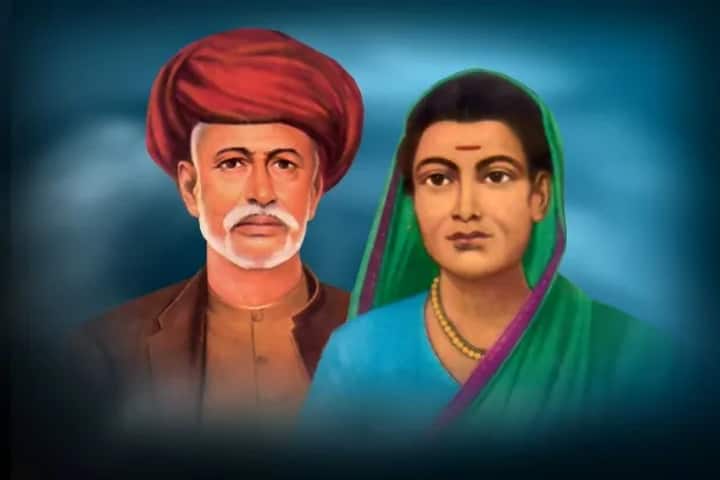It takes determination, perseverance, patience and hard work to fight against social evils and bring about reformation, especially when the person leading this movement is untouchable. Mahatma Jyotiba Phule, a multi-splendored personality, who was born on this day in 1827, did this decades ago.
What makes him stand apart from other reformists is that he did not merely preach but also practiced what he suggested. This is what Mahatma Gandhi did, when he too launched his social reformation movement while leading the country’s freedom struggle against the British.
It is not surprising the Prime Minister Narendra Modi lauded Phule for his “towering contribution to social justice and empowering the downtrodden”.
On his birth anniversary, I bow to Mahatma Phule and recall his towering contribution to social justice and empowering the downtrodden. His thoughts give hope and strength to millions. pic.twitter.com/uCgxXNuMsj
— Narendra Modi (@narendramodi) April 11, 2023
Phule was born in Pune in Mali caste, which placed him in the category of untouchables. Having mastered rudimentary education – reading, writing and arithmetic – he was put to work as was the trend in those days in his caste. Yet, fate intervened to send an angel from his community who recognised his talent and persuaded his father Govindrao Phule to send him to local Scottish Mission High School where he finished his schooling in 1847.
In 1848 came the turning point in his life, when he was severely reprimanded by his Brahmin friend’s parents for attending his marriage.
Phule was convinced that breaking away from age-old social evils, particularly casteism, superstitions and taboos, needs education. Impressed by Thomas Paine’s “Rights of Man”, he developed a keen sense of social justice which was virtually not available for lower caste people and women.
Thomas Paine’s treatise in defense of principles of freedom, Rights of Man, was published March 16, 1791. It sold ~1 million copies, and was popular among the skilled factory workers of the new industrial north in England.
Anne born 18 days later.#HappyBirthdayGentlemanJack @BBC pic.twitter.com/8BPiSjWnCA— Zanne deJanvier (@TheArtfulDeejay) April 3, 2023
Taking forward women’s emancipation he started from his home, and taught his wife Savitribai reading and writing. He also taught his cousin, Sagunabai Kshirsagar. Following this, the couple started India’s first school for girls in 1848. Despite stiff opposition, he went on to establish schools for children from untouchable castes including Mahar and Mang.
Seeing the plight of widows who were forced to shave their hair to identify themselves, Phule championed their remarriage. Widows who became pregnant had to bear a lot of atrocities as they were punished and jailed. This resulted in rampant infanticide and to check it, Phule opened a centre where such women were welcomed to deliver their babies, with the option of either keeping them or handing over them to the orphanage which he ran with his wife.
The social reformer also stepped out of the boundaries set for his caste by becoming a businessman in 1882. Starting as a farmer, he became a contractor supplying building materials to the Government.
Having passed away in Pune in 1890, Phule continued to influence other social reformers to follow him, especially those from the untouchable caste.
Tribute to Krantisurya Mahatma Jyotiba Phule On His Birth Anniversary!
Jai Jyotipic.twitter.com/IrJh5YMZue
— Thus Spoke Dr.Babasaheb Ambedkar (@DrAmbedkarSpoke) April 11, 2023
India’s first Law Minister and chairman of the Indian Constitution Drafting Committee, Dr. B.R. Ambedkar acknowledged Phule as one of his three gurus.




















